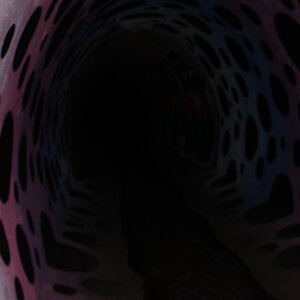Emmanuelle
TPF Noob!
- Joined
- May 7, 2015
- Messages
- 1
- Reaction score
- 1
- Can others edit my Photos
- Photos NOT OK to edit
I must confess I don't know anything about photography. The only thing I know is I like it. I like enjoying good picture. I would like to learn how to make a good picture. What is the easiest way to begin ? Should I start with pictures of people or nature ? My dream is walking in the city with a camera and making photographs about every moment. What are your tips to make a good picture (not especially technical tips) ?
Furthermore I would like to buy a good camera, not a professional one necessarily, but a good one. I would like to have a good value for money. What do you suggest as brand ?
Thank you
Furthermore I would like to buy a good camera, not a professional one necessarily, but a good one. I would like to have a good value for money. What do you suggest as brand ?
Thank you


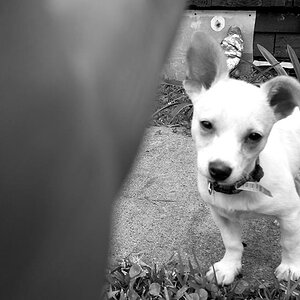
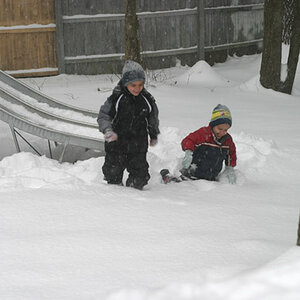
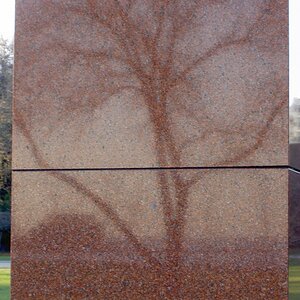

![[No title]](/data/xfmg/thumbnail/33/33343-857a08c1327857172779bfe49f06f638.jpg?1619735911)
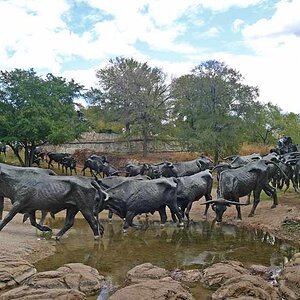
![[No title]](/data/xfmg/thumbnail/39/39271-04ff6ce1fbcda2b0d41ad7ee08cff91a.jpg?1619738950)
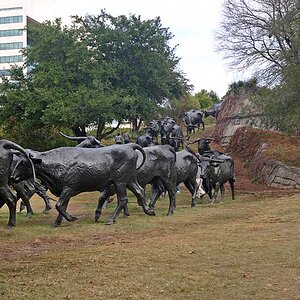
![[No title]](/data/xfmg/thumbnail/42/42054-e8278f89f6a543cad8fd644e37b064f3.jpg?1619739992)
